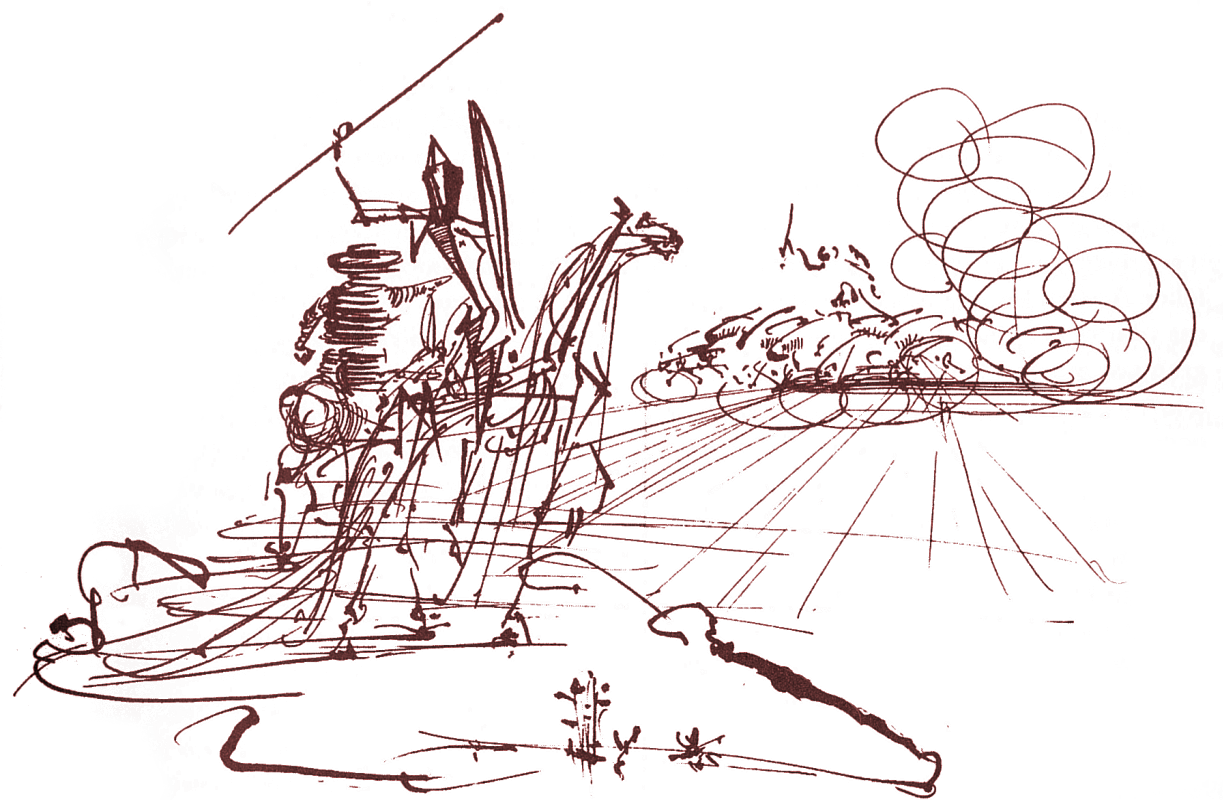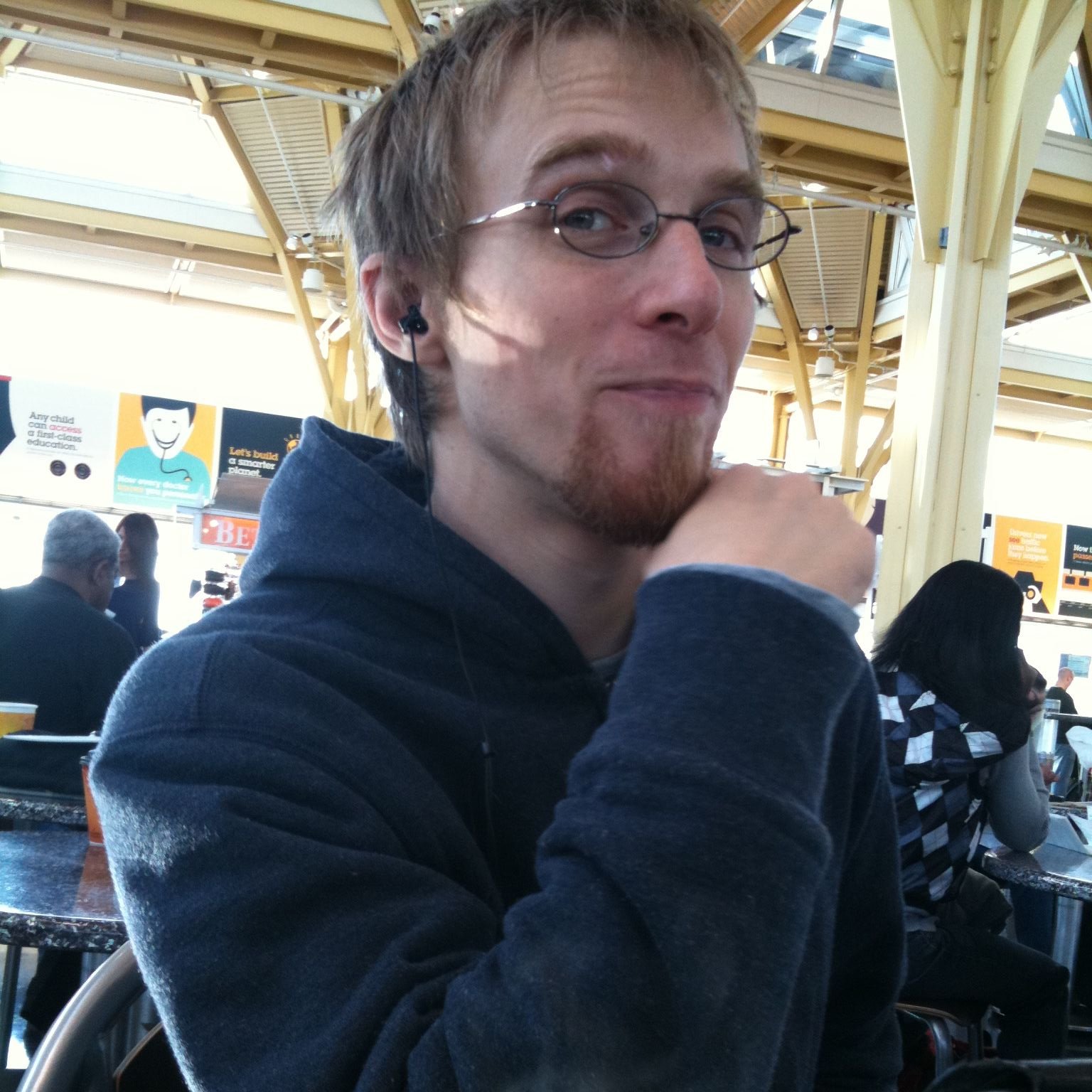Human societies strictly regulate pleasurable activities, and most have a concept of vice that’s applied to unregulated indulgence in food, sex, drugs, or gambling. Using a brain scanner, it has now become possible to observe activation of the brain’s pleasure circuitry in humans. Not surprisingly, this circuit is activated by “vice” stimuli: orgasm, sweet and fatty foods, monetary reward, and some psychoactive drugs. What’s surprising is that many behaviors that we consider virtuous have similar effects. Voluntary exercise, certain forms of meditation or prayer, receiving social approval, and even donating to charity can all activate the human pleasure circuit. There’s a neural unity of virtue and vice—pleasure is our compass, no matter the path we take.
There’s a neural unity of virtue and vice—pleasure is our compass, no matter the path we take
Like What You're Reading? Subscribe:
You Might Also Like...
About the Author
Hi. My name is Jeremiah John. I'm a sf/f writer and activist.
I just completed a dystopian science fiction novel. I run a website which I created that connects farms with churches, mosques, and synagogues to buy fresh vegetables directly and distribute them on a sliding scale to those in need.
In 2003, I spent six months in prison for civil disobedience while working to close the School of the Americas, converting to Christianity, as one does, while I was in the clink.


We become "good" by re-wiring our pleasure circuits to love those things which express love for others, and by avoiding addiction to those pleasure circuits which destabilize our lives and the lives of others.
From a neural perspective, we're still seeking pleasure. And that is a useful observation. But we've got a choice in whether we strengthen the sometimes-weaker pleasure circuits of prayer or giving, rather than taking the cheap and easy path of, say, heroin or sex with strangers.
The problem with the fast stimulus is that these cheap and easy pleasure paths ultimately destroy the pleasure they cause. That is, they are unsustainable. You can recognize "sin" because it devours itself. Alcoholism ultimately destroys the alcoholic, sex with strangers usually results in STDs, broken hearts or relationships, and possibly unwanted children and/or abortions.
Sin frames the self-devouring pleasure circuits in a cosmic light to which many object. Why frame self-destruction in broader societal/cosmic/God terms?
Sustainability is necessary for love, because of our interconnectedness. We depend on and love one another. We can love more deeply the more stable we are.
These principles of love and sustainability form a ground for goodness and, I believe, are the core principles for what pleasure circuits we should work to activate. Because it's not always easy to pursue sustainable and loving pleasure circuit activation.
What do you think? Why frame the question in God, societal, or cosmic terms? Did I answer the question I posed?